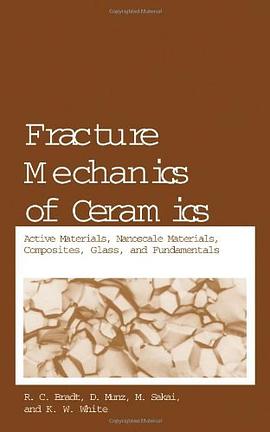

The p53 tumor suppressor gene is mutated in approximately half of all human malignancies, including colon, lung, and breast cancers. It is well recognized that these mutations directly inactivate p53 tumor suppressor function. Furthermore, the p53 protein operates within a pathway and this pathway, including the mutations in p53, is likely inactivated by nearly every human tumor. In support of this hypothesis, 100 per cent of mice that have been engineered such that they do not express p53 protein (knockout animals), develop highly malignant tumors by only 3-6 months of age. The importance of p53 in preventing human cancer is also evident by families in which a mutated p53 gene is inherited from a parent. Individuals who carry an inherited germline p53 mutation are associated with Li-Fraumeni syndrome. These carriers often develop cancer as children or young adults (some have multiple tumors) and remarkably, 90 per cent of these individuals will develop cancer by 60 years of age. Lastly, cigarette smoke, sexually transmitted viruses, and other environmental hazards play a significant role in the disruption of the p53 pathway. "The p53 Tumor Suppressor Pathway and Cancer" provides a comprehensive review of the p53 tumor suppressor pathway, how p53 functions to prevent tumor genesis, and how this pathway is corrupted during tumor development. The latest, state-of-the-art strategies to combat cancer by targeting p53 defects in tumors is also presented.
具体描述
读后感
用户评价
相关图书
本站所有内容均为互联网搜索引擎提供的公开搜索信息,本站不存储任何数据与内容,任何内容与数据均与本站无关,如有需要请联系相关搜索引擎包括但不限于百度,google,bing,sogou 等
© 2025 onlinetoolsland.com All Rights Reserved. 本本书屋 版权所有




















